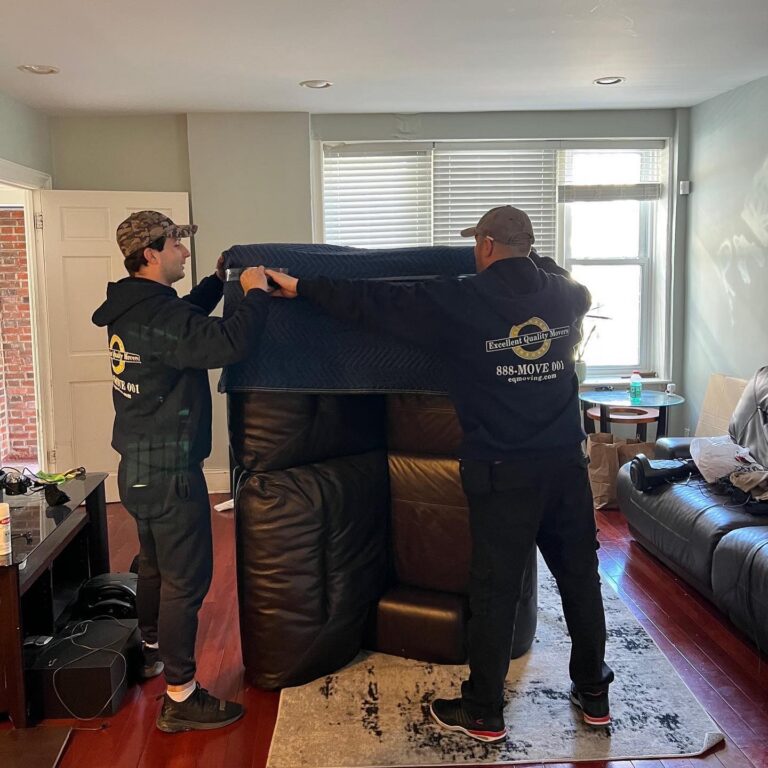Living in NYC, you will most definitely face various types of landlord-tenant situations. Unfortunately, not all landlords are law abiding, so you should know when something goes wrong. Is your landlord breaking the law? The best way to protect yourself from such landlord is to know your rights as a tenant. Since landlord-tenant law differs from state to state, it’s important to know the law of the state you live for the moment. Here are the warning signs that your landlord is breaking the law.

Your Landlord Doesn’t Provide a CO
Certificate of Occupancy (CO) is a document stating a building’s legal use and the type of permitted occupancy. You should check whether the building is permitted to be occupied. If you’re renting a single-family house, it is not required to have a CO. In case your landlord refuses to show a CO for an attic or basement you’re planning to rent, check the information yourself.
Go to NYC Department of Buildings, select the borough, and type in the property’s address. Click on “View Certificates of Occupancy” to make sure the apartment has an existing CO. However, it can also be found in Pending COs. Use the “C/O Summary” and “C/O Preview” to get the necessary information.
Your Landlord Keeps Your Security Deposit Without A Reason
Renting an apartment, tenants pay a security deposit. If you didn’t break the lease and damage the property in any way, chances are big that you will easily get your deposit back. Your landlord is breaking the law by keeping your security deposit on a whim, without stating an adequate reason for doing this. However, the landlord has a right to withhold some amount of money for the unpaid rent or any damage caused by the tenant.
Another warning sign is when the landlord asks you for a “nonrefundable deposit”. It’s an absolute breach of laws. Your deposit is always refundable unless there are reasons to withhold it, mentioned above. Besides, landlords should treat security deposits as trust funds and cannot mix deposits with their own money. Moreover, the landlord is obliged to give you the details of the bank account where the deposit if kept.
Your Landlord Enters The Apartment Without A Reason
If you want to know whether your landlord is breaking the law, you should know that there are certain rules about when and for what reasons a landlord can entry the property. As a rule, you can meet at least one landlord who doesn’t respect your privacy. As a rule, a landlord can enter the property in case of emergency or in order to make some repairs. You should also let the landlord in for an annual inspection. But such visits shouldn’t occur every now and then. If you feel that the landlord is violating your privacy, start with a friendly talk. Maybe the problem can be easily solved this way.
Your Landlord Asks About Your National Origin
According to the Fair Housing Act, the landlord cannot refuse to rent the apartment due to your race, color, national origin, religion, sex, or marital status. So if the landlord asks about your religion or sexual orientation, he is definitely breaking the law. In fact, you don’t even have to answer such questions.
Your Landlord Raises The Rent
You should also know that your landlord is breaking the law by increasing the amount of rent before the term of the lease has expired. The landlord has a right to raise the rent only after the end of the lease term. As a rule, you can face an increase of 3-6 percent of the current rent. However, if you’ve rented this place for a while without any rent changes in the rent,it can be increased up to 10 percent.
Your Landlord Won’t Make Repairs
Every tenant has the right to a livable and safe place. In case there are any important repairs to be made, and the landlord refuses to take care of them, he is breaking the law. When such situations occur, the tenant can sue the landlord for a rent reduction, as landlords have to keep dwellings in “good repair”. By the way, every apartment should have smoke detectors, within ten feet of each room used for sleeping. Check your apartment scrupulously before signing the lease.
So, is your landlord breaking the law? Analyze all the factors before making the final decision.







